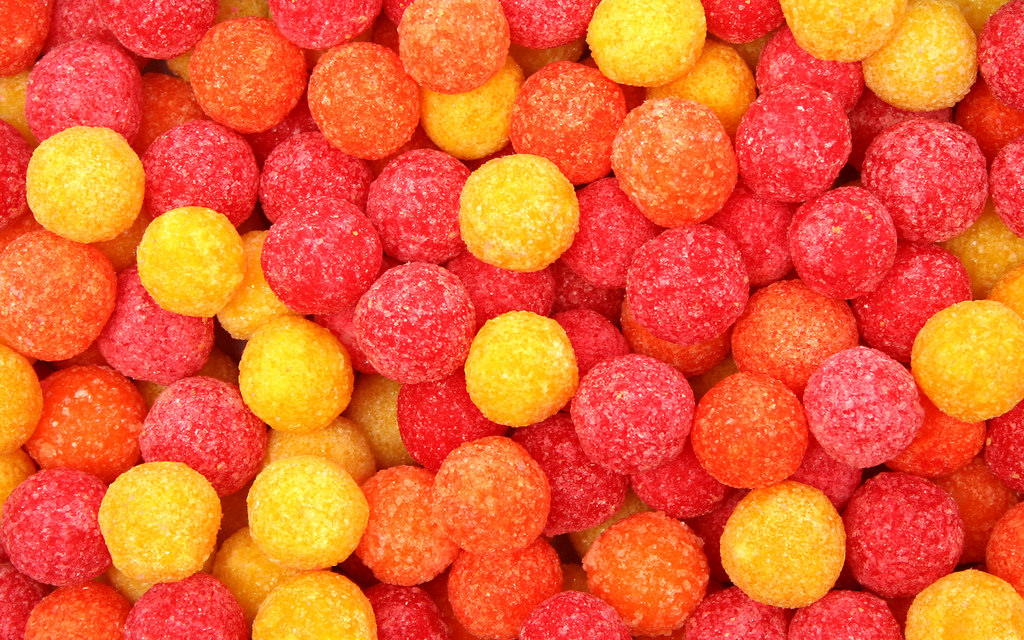For a while now, I’ve been thinking about how terms like “white privilege,” “inclusion” and “unconscious bias” all sound just… too nice. Don’t they seem a little on the pleasant side for words used to address a system of racist oppression? It reminds me of how, in Minnesota in January, the meteorologists will say it’s going to be a “cool evening” as they stand in front of a map showing temperatures that will literally freeze your nostrils together when you take a breath.
Something’s definitely up.
I’m reminded of how, in the novel 1984, the creepy futuristic government acts as if it’s “Opposite Day” all the time, using the Ministries of Love, Peace, Plenty and Truth to handle fear, war, rationing, and propaganda. The deliberate distortion of words is called doublespeak and we actually see it frequently in real-life politics (for example, the Clear Skies Act makes it easier to pollute the air and “enhanced interrogation“ means old-fashioned torture). Words are powerful.
The language we use to talk about racism is obviously distorted, a big clue that something is being hidden. It’s pretty easy to pinpoint the source: most White people can’t handle talking about racism. We flail. We don’t understand the subject, we get really uncomfortable, and we either clam up because we don’t want to say the wrong thing, or we bust out the whitesplaining (FYI, this is a best-case scenario. It can be much worse).
